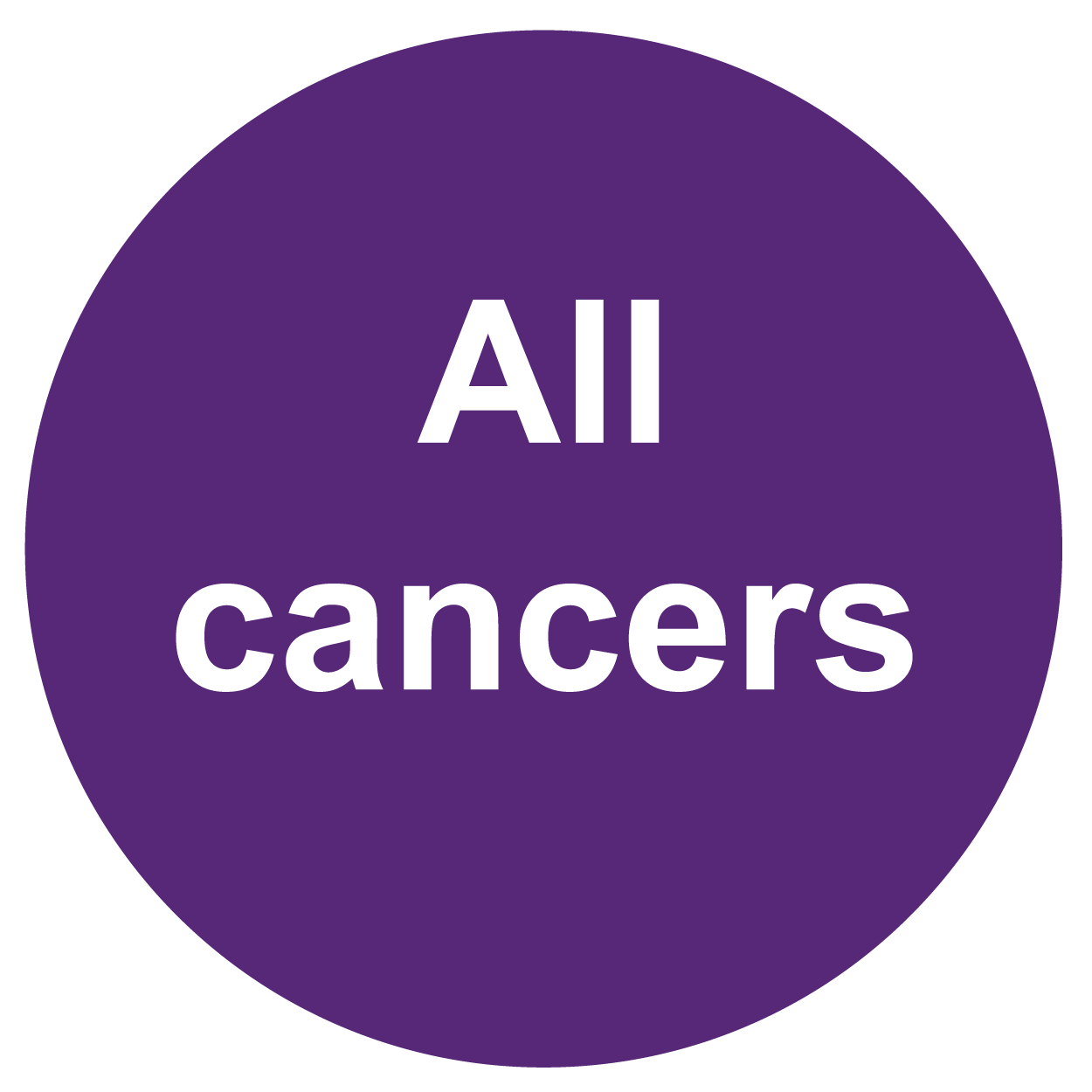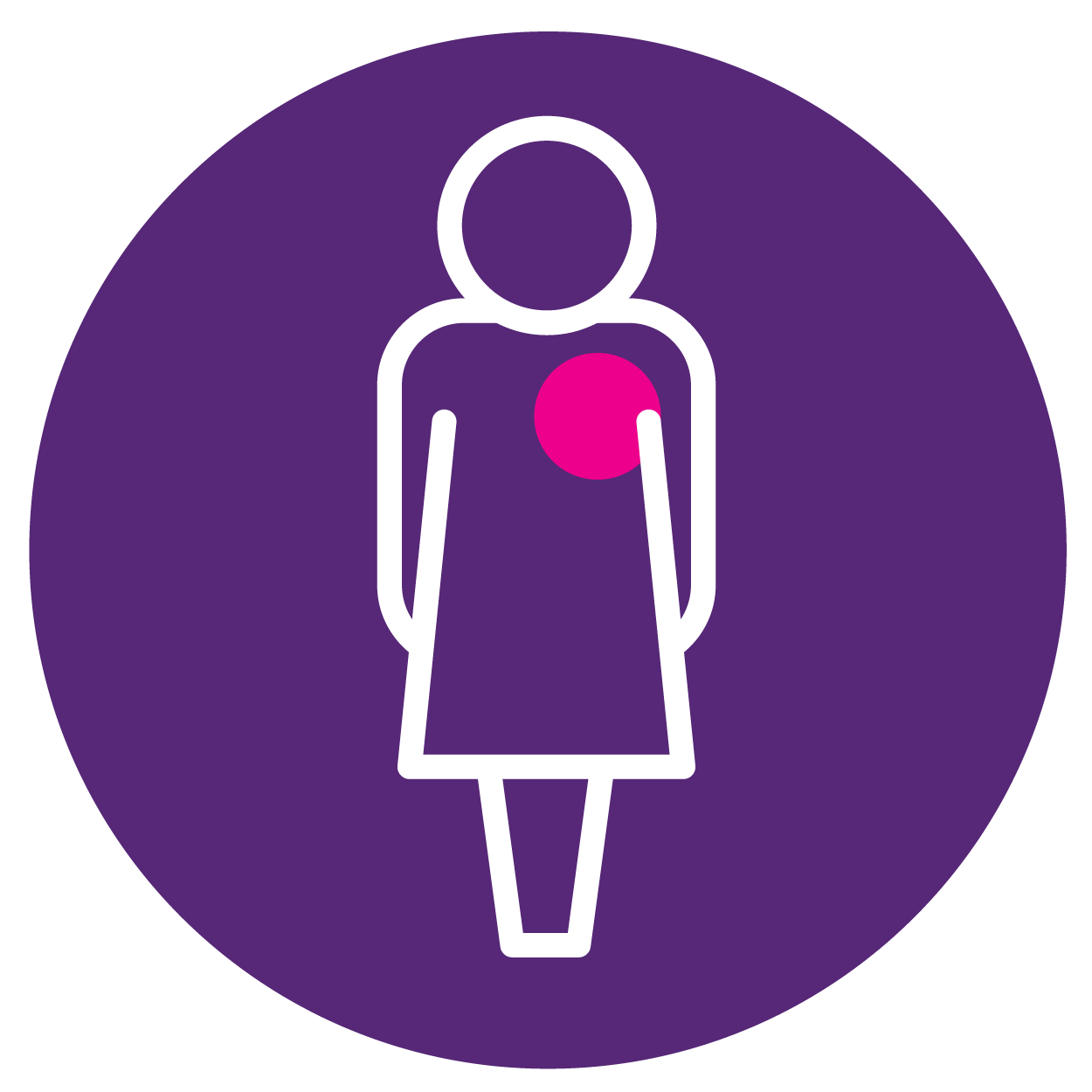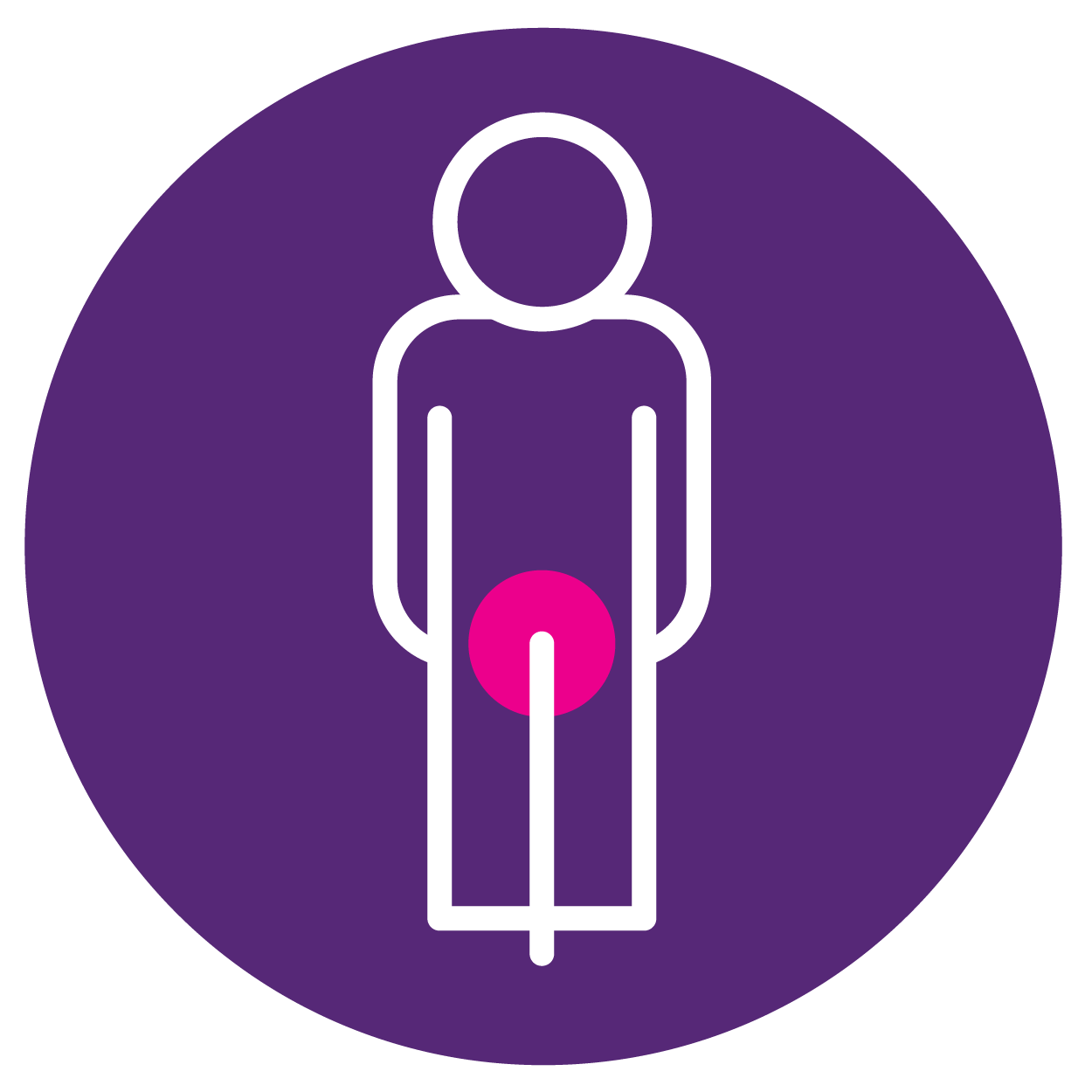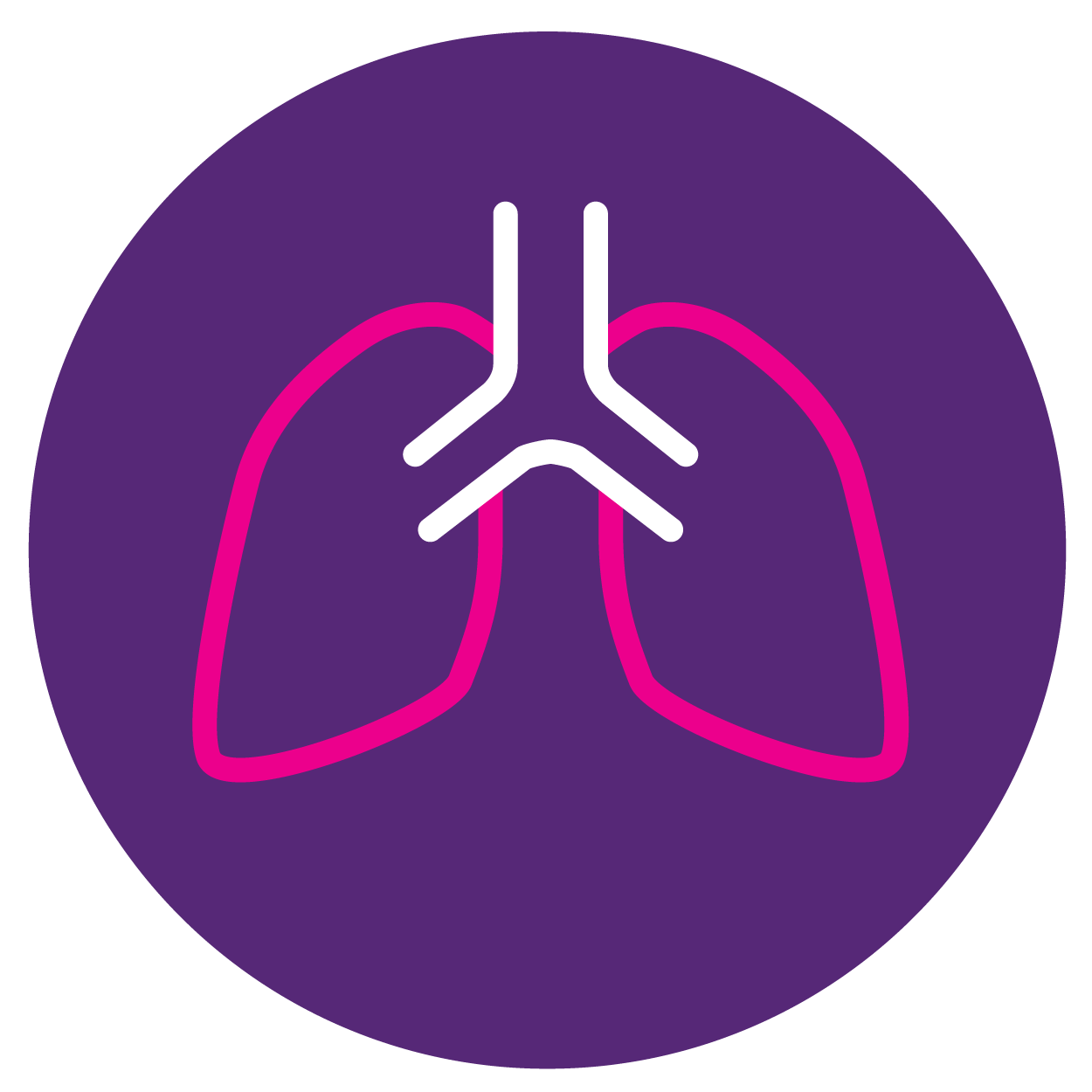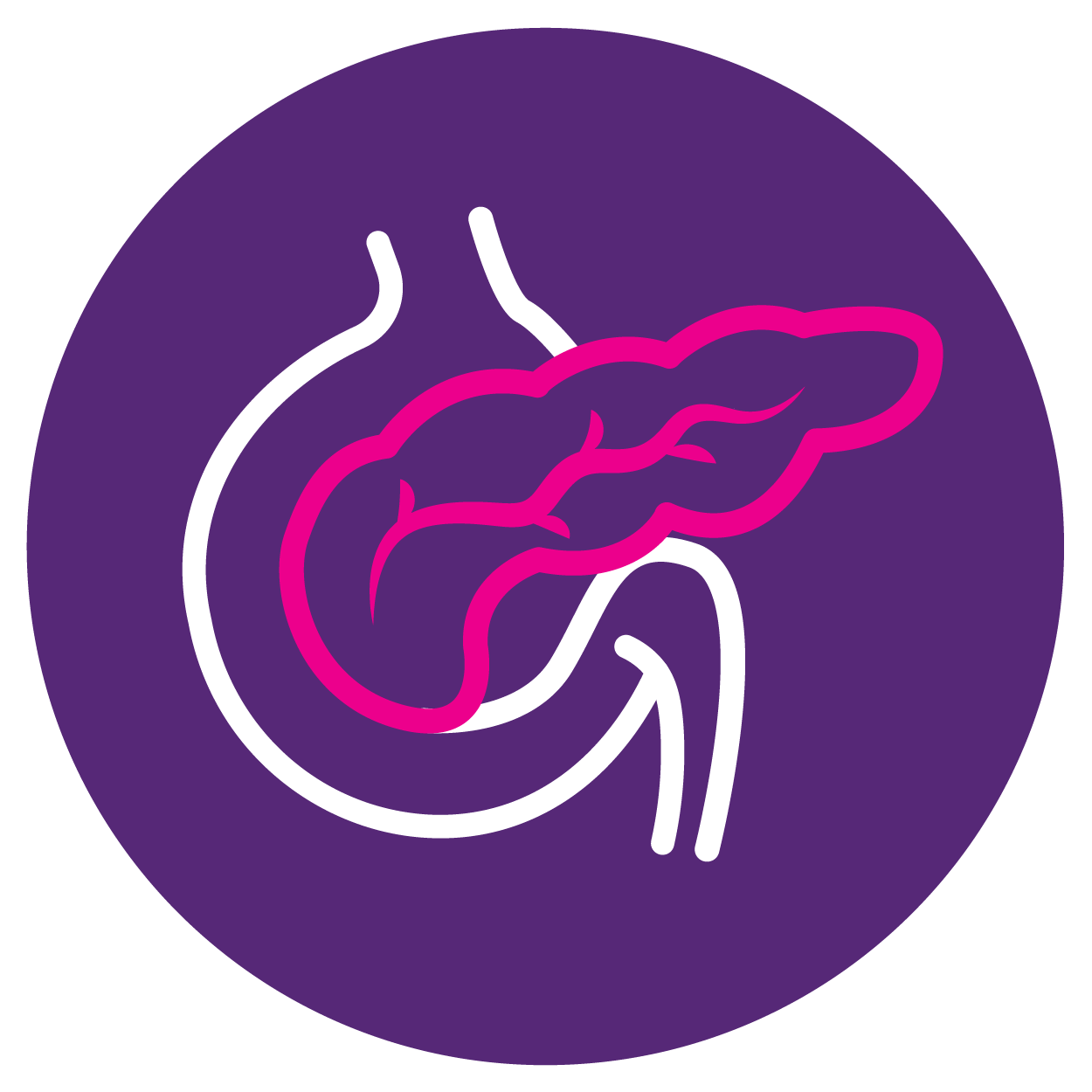Cancer in 2020 and beyond - The cross-sector insights into improving outcomes for cancer patients
The ABPI interviewed representatives of the UK cancer community – from the NHS, academia, industry and patient-facing charities – to review the findings of the IHE report, explore the impact of COVID-19 and identify opportunities for improving the care for those affected by the disease in the UK.
The challenges to improving cancer outcomes in the UK, as recognised during our interviews, appear to stem from national coordination and infrastructure, rather than a lack of knowledge and innovation. The successful adoption of innovation and resulting favourable outcomes delivered by some hospitals in the UK proves that well-resourced hospitals within the NHS are capable of delivering world-leading care. But the rest of the system needs to be brought up to their level, supported by the development of clear, consistent clinical pathways and infrastructure to diagnose cancer earlier.
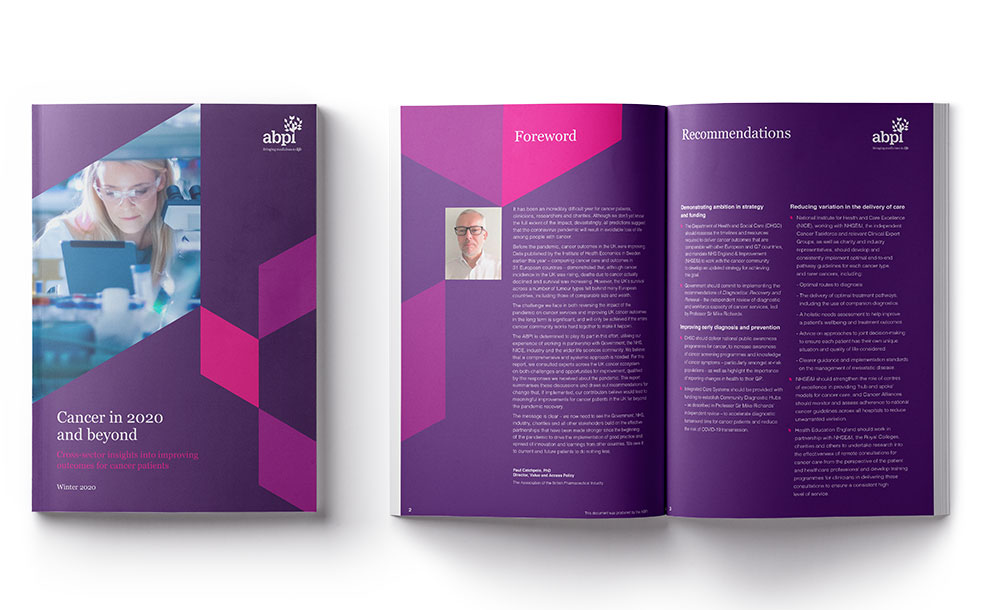
The report Cancer in 2020 and beyond - Cross-sector insights into improving outcomes for cancer patients details the findings from the interview process and draws out recommendations that, if implemented, could make an important contribution to delivering better outcomes for cancer patients, improving survival as well as enhancing quality of life.
Recommendations
Demonstrating ambition in strategy and funding
- The Department of Health and Social Care (DHSC) should reassess the timelines and resources required to deliver cancer outcomes that are comparable with other European and G7 countries, and mandate NHS England & Improvement (NHSE&I) to work with the cancer community to develop an updated strategy for achieving this goal.
- Government should commit to implementing the recommendations of Diagnostics: Recovery and Renewal – the independent review of diagnostic and workforce capacity of cancer services, led by Professor Sir Mike Richards.
Improving early diagnosis and prevention
- DHSC should deliver national public awareness programmes for cancer, to increase awareness of cancer screening programmes and knowledge of cancer symptoms – particularly amongst at-risk populations – as well as highlight the importance of reporting changes in health to their GP.
- Integrated Care Systems should be provided with funding to establish Community Diagnostic Hubs – as described in Professor Sir Mike Richards independent review – to accelerate diagnostic turnaround time for cancer patients and reduce the risk of COVID-19 transmission.
Reducing variation in the delivery of care
- National Institute for Health and Care Excellence (NICE), working with NHSE&I, the independent Cancer Taskforce and relevant Clinical Expert Groups, as well as charity and industry representatives, should develop and consistently implement optimal end-to-end pathway guidelines for each cancer type, and rarer cancers, including:
- Optimal routes to diagnosis.
- The delivery of optimal treatment pathways, including the use of companion diagnostics.
- A holistic needs assessment to help improve a patient’s wellbeing and treatment outcomes.
- Advice on approaches to joint decision-making to ensure each patient has their own unique situation and quality of life considered.
- Clearer guidance and implementation standards on the management of metastatic disease.
- Optimal routes to diagnosis.
- NHSE&I should strengthen the role of centres of excellence in providing ‘hub and spoke’ models for cancer care, and Cancer Alliances should monitor and assess adherence to national cancer guidelines across all hospitals to reduce unwarranted variation.
- Health Education England should work in partnership with NHSE&I, the Royal Colleges, charities and others to undertake research into the effectiveness of remote consultations for cancer care from the perspective of the patient and healthcare professional and develop training programmes for clinicians in delivering these consultations to ensure a consistent high level of service.
Speeding up the adoption of innovation
- NHSE&I must invest in integrated IT infrastructure and data to improve medical research as well as the speed at which this can be translated into patient benefit.
- NHSE&I should work in partnership with the Health Research Authority, the National Institute for Health Research (NIHR) and the clinical research community to undertake an audit of the lessons learnt from the response to the pandemic to help accelerate the design, approval and set-up of clinical trials.
- Guided by the objective that access to and uptake of new cancer treatments in the UK should be comparable with the best in Europe:
- NICE should adopt changes that support faster and wider access to treatment innovations in cancer, including for those with rarer cancers and that support the introduction of histology-independent (tumour agnostic) treatments.
- NHSE&I should invest in expanding capacity nationally that supports the implementation of innovative new treatments, including companion diagnostic services, as a priority so that all cancer patients – irrespective of what type of cancer they have or where the live in the country – are able to benefit from the best possible treatment available for their disease.
- NICE should adopt changes that support faster and wider access to treatment innovations in cancer, including for those with rarer cancers and that support the introduction of histology-independent (tumour agnostic) treatments.
- NHSE&I must collect data on interim treatment regimens introduced during the pandemic and assess their relative performance to the current approved standard of care. Changes to treatment schedules were brought in to protect patients from COVID-19, but there is currently little or no evidence regarding whether these changes provide the intended benefit for patient survival and quality of life.
Last modified: 22 April 2024
Last reviewed: 22 April 2024
